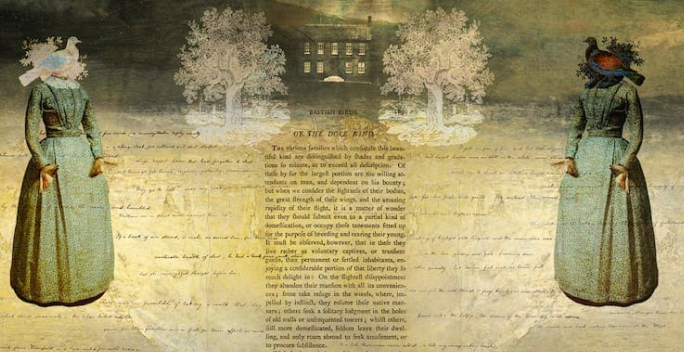Exploring the Revolutionary Nature of Jane Eyre
Charlotte Brontë’s “Jane Eyre” is not just a classic novel; it’s a powerful commentary on social issues that remain relevant today. Published in 1847, the book challenged societal norms and introduced readers to a strong, independent female protagonist. Understanding the revolutionary aspects of “Jane Eyre” can deepen our appreciation for literature’s ability to provoke thought and inspire change.
A Break from Traditional Gender Roles
“Jane Eyre” was groundbreaking in its portrayal of gender roles, particularly for its time. Jane, the protagonist, defies the limitations placed upon women in the Victorian era. Instead of seeking a conventional life defined by marriage or submission, she prioritizes her self-respect and moral integrity. Her journey emphasizes that women can and should aspire to independence, marking a significant departure from the passive female characters of earlier literature. This representation has made Jane an enduring symbol of female empowerment and autonomy.
Challenging Class Structures
The novel also critiques the rigid class system of 19th-century England. Through Jane’s experiences, readers gain insight into the struggles of the lower class and the privileges enjoyed by the wealthy. Brontë uses Jane’s social mobility—from an orphaned governess to a woman who can stand up against patriarchal authority— to challenge class distinctions. This revolutionary theme prompts readers to question the fairness of societal structures and inspires a sense of empathy towards those in less favorable positions.
Exploring Identity and Inner Freedom
At the heart of “Jane Eyre” is the quest for identity and inner freedom. Jane’s struggles represent the universal desire for self-discovery and acceptance. Her insistence on staying true to herself, even in the face of overwhelming odds, encourages readers to reflect on their own journeys toward self-realization. This theme resonates with anyone who has faced societal pressures or personal battles, making Jane’s story timeless and relevant across generations.
Conclusion
“Jane Eyre” serves as a revolutionary text that actively engages with themes of gender inequality, class struggle, and personal identity. By exploring these issues through Jane’s journey, Charlotte Brontë not only crafted a compelling narrative but also sparked important conversations that continue to this day. For anyone interested in understanding how literature can influence society, “Jane Eyre” is a must-read. So pick up this classic and discover the revolutionary spirit of Jane for yourself!
